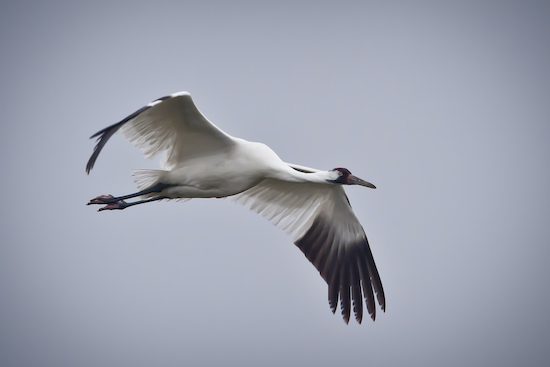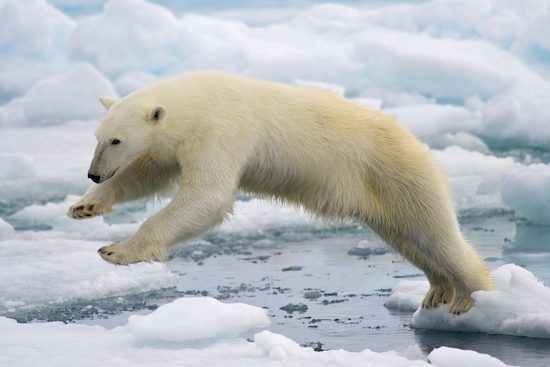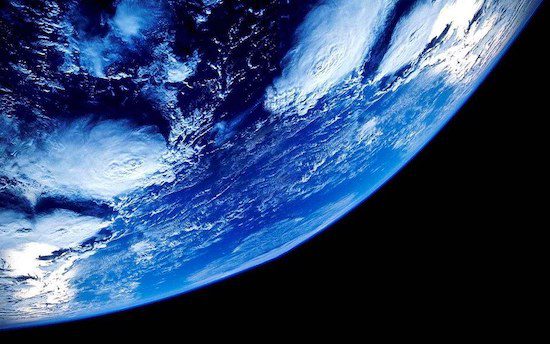


Center for Biological Diversity: The Trump administration just took another wrecking ball to the Endangered Species Act, and wildlife will pay an awful price. This latest attack will make it much harder to protect the places where imperiled species could live and raise their young. The U.S. Fish and Wildlife Service (USFWS) is pushing to redefine “critical habitat” and severely limit the places where species can recover. This proposal breaks with decades of precedent and amounts to an extinction plan. It’s also incredibly shortsighted and ignores what many species will need to survive climate change. The Endangered Species Act (ESA) has saved 99% of the plants and animals under its protection. Species with designated critical habitat are twice as likely to recover as those without it. The proposed rule would weaken the ESA and doom more species to extinction, undermining the fundamental purpose of the ESA. Every day as many as 22 species go extinct; this plan would make it worse. We can’t stop the extinction crisis without protecting the lands and waters where species can live.
>>>Urge the USFWS to immediately withdraw this disastrous plan.
Conservation Law Foundation: The North Atlantic right whale is facing a crisis. Since April 2017, at least 20 North Atlantic right whales have died, and scientists estimate that fewer than 410 individuals remain. Right whales continue to be killed by entanglement in commercial fishing gear and ship strikes. The National Oceanic and Atmospheric Administration (NOAA) must step up to the plate and do more to protect these majestic animals. The measures implemented by federal regulators thus far have not gone far enough to save right whales from the threat of extinction.
>>>Urge NOAA to reevaluate activities that threaten right whales, including commercial fishing, and identify and implement solutions to prevent this species from going extinct.
Change: Every year, the United Nations Climate Change Conference (COP) meets to discuss how to tackle the issues surrounding the climate crisis. The conference has been serving less meat over the past few years, but they have the chance to really lead by example in 2021 by serving plant-based meals. Scientists estimate that a vegan diet could reduce agricultural carbon emissions by 50-80%. Studies also show that reducing the impacts of our diets is a necessary part of any plan to meet the Paris agreement goal of keeping global warming well below 2°C. At a time when climate negotiations are at such an important stage, the plant-based food solution must come to the table at the world’s largest climate gathering.
>>>Urge the UN to align their actions with their goals by serving climate-friendly food.
Cause for concern…

“Scientists have predicted for the first time when, where and how polar bears are likely to disappear, warning that if greenhouse gas emissions stay on their current trajectory all but a few polar bear populations in the Arctic will probably be gone by 2100,” reports Gloria Dickie for The Guardian.
- Most polar bears to disappear by 2100, study predicts (Gloria Dickie, The Guardian)
- How climate change made the melting of New Zealand’s glaciers 10 times more likely (Lauren Vargo, The Conversation)
- Deadly diseases from wildlife thrive when nature is destroyed (Damian Carrington, The Guardian)
- Waning attention to climate change amid pandemic could have lasting effects (Lisa Marshall, University of Colorado at Boulder)
- Major news outlets are handing the mic to big business on climate issues (Ula Chrobak, Popular Science)
- Parks in nonwhite areas half the size of ones in majority-white areas (Laurel Wamsley, NPR)
- New documentary ‘Takeout’ highlights how meat consumption and corporate greed are behind the rising rate of deforestation in Brazil (Nicole Axworthy, VegNews)
- Three-quarters of migrants traveling to US through Mexico experience food insecurity (Columbia University’s Mailman School of Public Health)
- The US is failing its most important fish habitats (David Shiffman, The Revelator)
- Warming climate may trigger more West Nile outbreaks in Southern California (Kara Manke, University of California – Berkeley)
Round of applause…

According to a new report, 1.3 billion metric tons of plastic could pollute the Earth’s land and water by 2040 if society does nothing to curb this environmental crisis. But it’s not too late, say experts. Some modeling scenarios show that it is possible to reduce the amount of plastic waste by 80%. But that would require real action by political and business leaders.
- We still have a shot to save ourselves from plastic doom (Dharna Noor, Earther)
- Scientists launch ambitious conservation project to save the Amazon (Shanna Hanbury, Mongabay)
- Protests push Costco, Stop & Shop to cut ties with forest-destroying suppliers Cargill and JBS (Glenn Hurowitz, Mighty Earth)
- VIDEO: Restoring the natural mangrove forest (Mangrove Action Project)
- How my cultural identity informs my animal advocacy (Unny Nambudiripad, Sentient Media)
- Using Confucianist, Daoist and Buddhist belief messaging in targeted campaigns could effectively change the behavior of end consumers in the East Asia illegal wildlife trade chain (Sam Wood, University of Kent)
- Valentino and Prada to halt use of alpaca wool and kangaroo leather (Sarah Maisey, The National)
- What’s more important: a human’s life, or an animal’s life? (Waylon Lewis, Elephant Journal)
- Compassion extending to our plates: the rise in veganism during lockdown (Mimi Swaby, South West Londoner)
- Beef and dairy farmer who turned vegan regrets ‘being complicit for so long’ (Maria Choriando, Plant Based News)
Parting thought…

“The Earth is what we all have in common.” —Wendell Berry
Earth | Food | Life (EFL) explores the critical and often interconnected issues facing the climate/environment, food/agriculture and nature/animal rights, and champions action; specifically, how responsible citizens, voters and consumers can help put society on an ethical path of sustainability that respects the rights of all species who call this planet home. EFL emphasizes the idea that everything is connected, so every decision matters.
Click here to support the work of EFL and the Independent Media Institute.
Questions, comments, suggestions, submissions? Contact EFL editor Reynard Loki at [email protected]. Follow EFL on Twitter @EarthFoodLife.